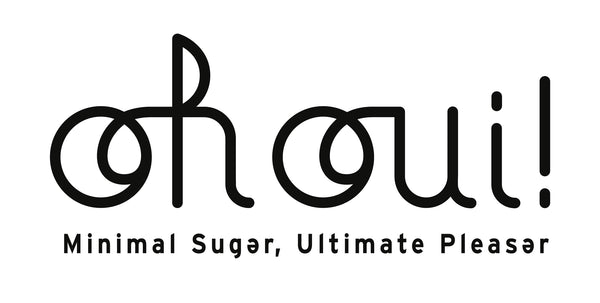Good or bad idea? This question is common and deserves to be asked, especially in the context of a low GI diet. We invite you to explore this topic in depth. 🥐 ☕
👉 Understanding GI and breakfast
The glycemic index measures a food's ability to raise blood sugar levels. Foods with a low GI (less than 55) are digested more slowly, leading to a gradual and moderate increase in blood sugar. Choosing a low GI breakfast can help keep blood sugar levels stable throughout the morning.
👉 The benefits of a low GI breakfast
Choosing a low GI breakfast has several advantages:
- Maintaining stable blood sugar levels: For longer-lasting energy.
- Reduced hunger: Steady energy that helps prevent sugar cravings and mid-morning fatigue.
- Improved concentration: Stable blood sugar levels help with concentration, mental performance and thus promote a productive day.
👉 Example of a good breakfast
For those who prefer to eat in the morning, here are some low GI breakfast ideas:
- Wholemeal sourdough bread with avocado: Rich in fiber and healthy fats.
- Muesli without added sugar: Mixture of oat flakes and oilseeds (almonds, cashews, pecans, etc.), perfect for a slow release of energy.
- Green smoothie: Made with green vegetables, low GI fruits such as blackberries, blackcurrants, blueberries, and vegetable proteins (oilseeds).
👉 The impacts of skipping breakfast
The choice to skip breakfast depends on individual needs and preferences. Some studies suggest that skipping breakfast may help some people better control their total calorie intake. However, it is important not to compensate for this fast by snacking or overeating at subsequent meals, which could lead to adverse health effects, including weight gain.
It is also important to know that our body is able to produce energy from its reserves. We have glucose stocks and our liver can produce it even after several days of fasting. So, for many, there is no risk of hypoglycemia by skipping breakfast
👉 Tips for those who choose to skip breakfast
- Hydration: Drink water or green tea, rich in antioxidants, to start the day off right.
- Beware of compensation: Avoid compensating by snacking on high GI foods later in the day.
- Monitor your blood sugar: If you have diabetes or have problems regulating your blood sugar, consult a healthcare professional before changing your eating habits.
In summary, the decision whether or not to eat breakfast should be tailored to your personal needs.
If eating in the morning helps you stay focused and energized, then incorporate low GI foods into your routine. Otherwise, be careful not to compensate by snacking throughout the day. 🌞
Discover more tips and information on low GI diets in our dedicated article .
The Oh Oui ! Team









